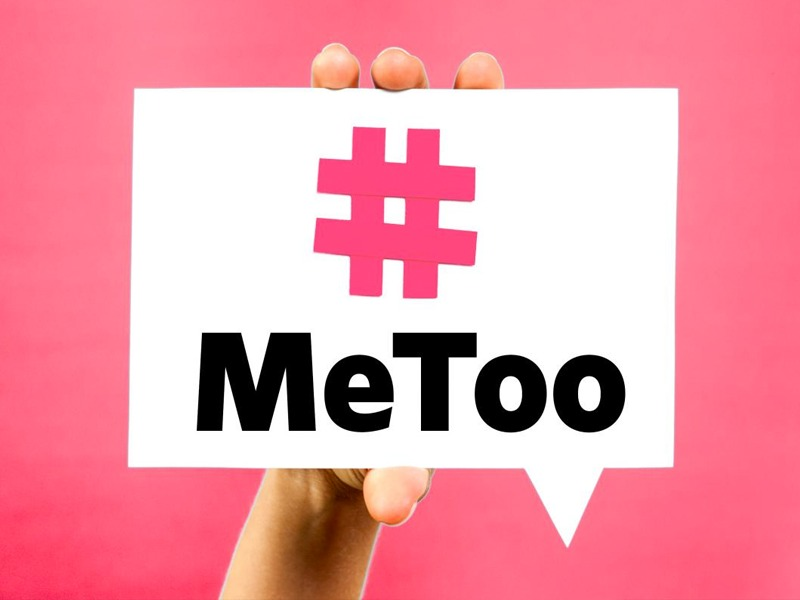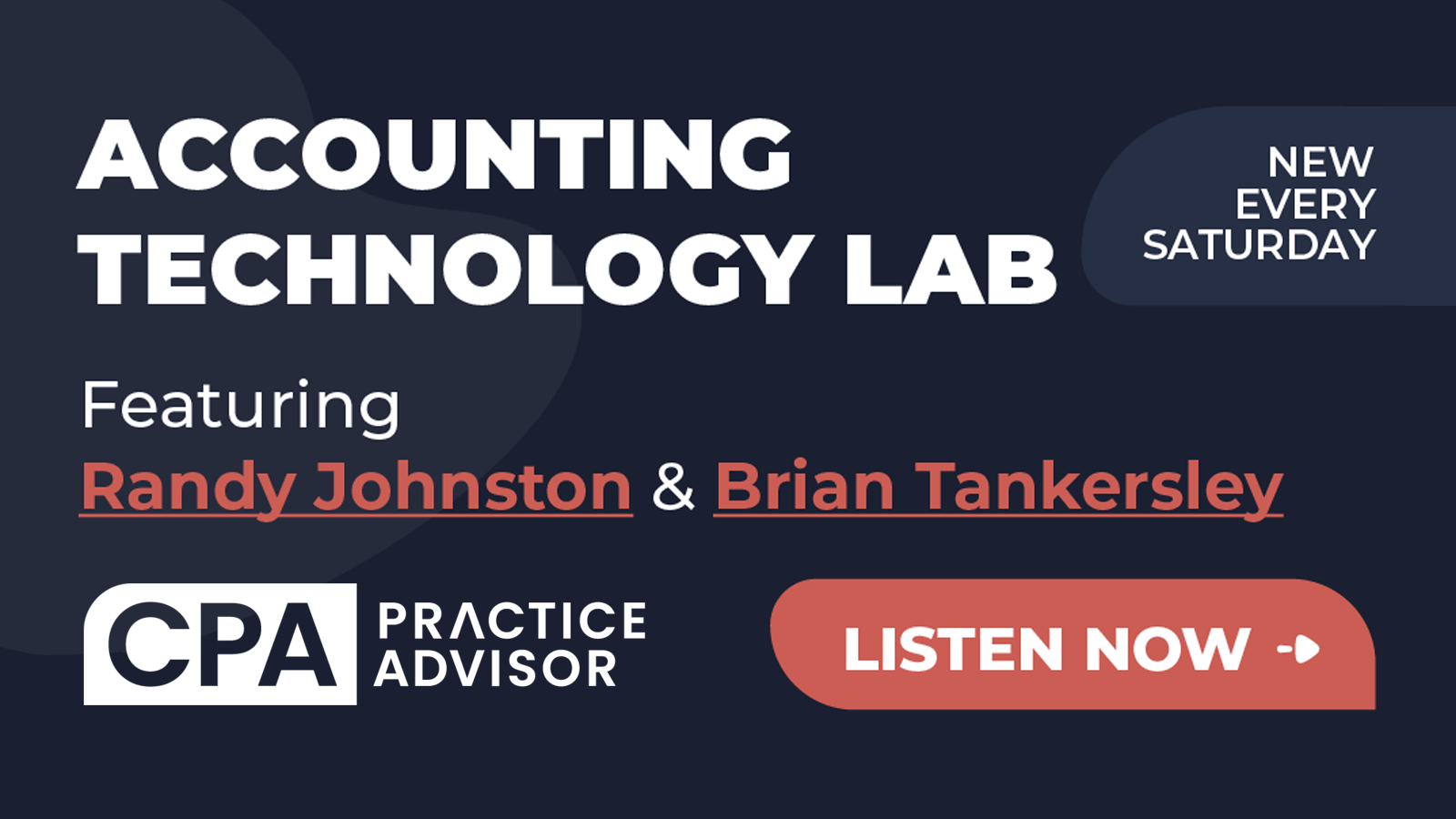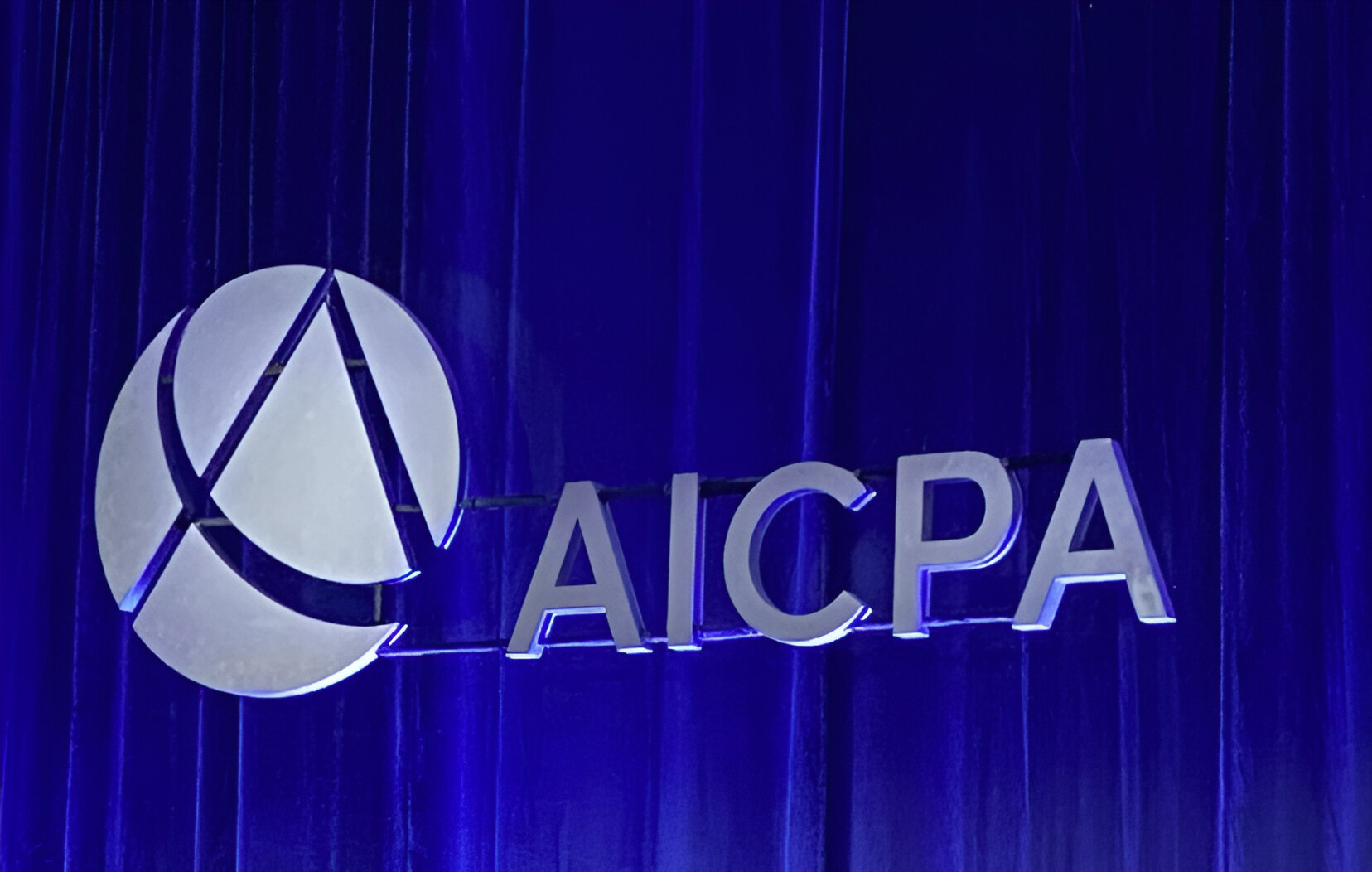By Joseph Wolfe and Lindsey Pilla.
Federal, state and, in many instances, local laws prohibit sexual harassment and employment discrimination. These laws hold employers responsible for maintaining a non-discriminatory workplace free of harassment, intimidation and retaliation. In 2006, the “Me Too” movement was founded by Tamara Burke to aid women who have been victims of sexual violence. This movement shed a light on many high-profile accusations against men and women in politics, business and entertainment. Increasingly, this has raised questions in the minds of business owners about how to maintain a non-discriminatory workplace, which is further complicated by the extensive use of both personal and business technology by firm personnel.
Unique Factors Impacting CPA Firms
CPA firms increasingly operate virtually, with employees working from home, client locations, and firm offices, which may be in different cities, counties, states, and even countries. This presents unique challenges regarding compliance with employment discrimination laws. “Firms need to have robust policies and training, and a simple process for employees to inform human resource personnel about potential problems, without fear of retaliation. Prompt escalation and investigation can prevent bigger problems later”, says Ana Shields, a principal at the law firm of Jackson Lewis who practices exclusively in employment law. “Training should be conducted for all employees, including remote workers.”
Some CPA firms are actively engaged in merging or acquiring other professional service firms. Both employment practices and the “tone at the top” regarding maintenance of a non-discriminatory and safe workplace can vary substantially from one firm to the next. Qualified and experienced human resource professionals should participate in due diligence on these matters prior to initiating negotiations to merge or acquire another practice. “Due diligence is critical”, says Shields. “Be strategic about the information requested. Ask about both pending claims and complaints as well as prior claims that were resolved. Is the alleged harasser or complainant still working there? Was the alleged harasser or complainant a member of management? How do they conduct investigations? Review their policies and get details on harassment prevention training.”
Consult with an experienced employment law attorney about obtaining and reviewing this information. While the ability to investigate these matters may be limited by law, confidentiality obligations and circumstances surrounding negotiations, such consultation will provide important background information relevant to mitigating risks and managing insurance costs, as well as post – transaction integration of firm personnel.
CPA firms that provide outsourced tax and accounting services also need to conduct due diligence before placing their employees in a client work environment, and promptly investigate any complaints about harassment, intimidation, or bullying. Firms that lease employees to other businesses also need to conduct training and maintain adequate controls over these operations to avoid running afoul of employment discrimination laws. Several harassment lawsuits filed by the EEOC in 2018 involved staffing companies.[1] “Ensure that your staff understands that no matter how big the client is, your firm as an organization will not tolerate harassment or discrimination”, says Shields. “There may be resistance to reporting harassment at a major client; set the appropriate ‘tone at the top’, and if there is a complaint, respond in a meaningful way.”
In Conclusion
Maintaining a non-discriminatory workplace requires ongoing effort. Consult with qualified human resource personnel to monitor and update training, policies and procedures for compliance with applicable law, and to prevent both sexual harassment and other types of employment discrimination. It is also important to set the right “tone at the top” through management words and actions, and to provide employees with the training and resources needed to identify inappropriate behaviors and report them to human resource personnel for investigation and response. In the event a complaint is received, consult with a qualified employment practices attorney prior to taking any disciplinary action, and promptly report any claims to the firm’s employment practices liability insurer.
[1] https://www.eeoc.gov/eeoc/litigation/selected/2018harassment.cfm
===========
Joseph Wolfe (joseph.wolfe@aon.com) is a risk management consultant and Lindsey Pilla (lindsey.pilla@aon.com) is a senior account specialist and broker at Aon Affinity, the endorsed provider of the American Institute of Certified Public Accountants (AICPA) Professional Liability Insurance Program since 1967. For more information call 215.773.4653 or visit cpai.com.
Thanks for reading CPA Practice Advisor!
Subscribe Already registered? Log In
Need more information? Read the FAQs
Tags: Firm Management, Technology




